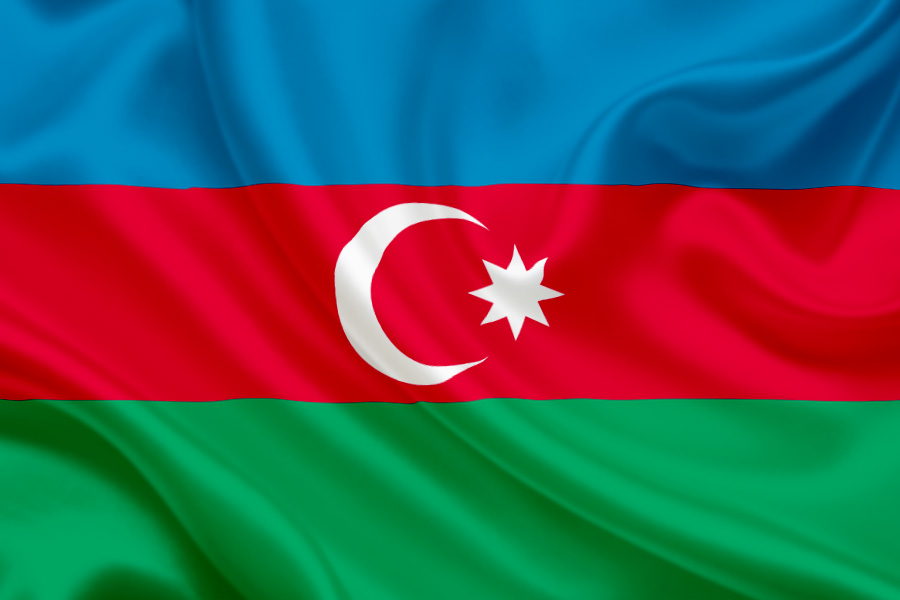Azerbaijan and Israel already maintain a strong strategic partnership that predates and exceeds the closeness in the Abraham Accords with Arab states. Israel provided critical military support to Azerbaijan during conflicts with Armenia over Nagorno-Karabakh in 2020 and 2023, with Israeli weapons constituting approximately 70% of Azerbaijan's military imports. In return, Azerbaijan supplies up to 40% of Israel's oil imports and continued these shipments even during the Gaza conflict that began in October 2023. The relationship has deepened with Azerbaijan's state oil company SOCAR, which recently acquired a 10% stake in Israel's offshore Tamar gas field.
The article argues that the real agenda behind including Azerbaijan in the Abraham Accords is formalizing a trilateral alliance involving the United States. Israeli Prime Minister Netanyahu's office explicitly stated the desire to "establish a strong foundation for trilateral collaboration" between Israel, the US, and Azerbaijan. The primary strategic aim of such an alliance would be to increase pressure on Iran's northern border.
A significant obstacle to deepening US-Azerbaijan ties is Section 907 of the Freedom Support Act, which prohibits US aid and arms sales to Azerbaijan. While successive presidents have waived this provision since the War on Terror began, proponents of closer ties argue that an imminent "peace deal" between Armenia and Azerbaijan provides grounds for permanently repealing this restriction. However, the author notes that this peace agreement remains unsigned, with Azerbaijan continually shifting requirements. #### Regional Instability and Iranian Concerns The article highlights Azerbaijan's territorial ambitions regarding Armenia's southern Syunik province (called Zangezur by Azerbaijan), which provides Armenia's only border with Iran. Azerbaijan has long sought a "Zangezur corridor" to connect with Turkey. Iran has adamantly opposed any border changes in the South Caucasus, conducting military exercises along the Azerbaijan border and threatening intervention if necessary, as it fears isolation from the region and increased Turkish and Israeli influence in its vicinity.
Advocates for Azerbaijan's inclusion in the Abraham Accords hope to leverage former President Trump's attachment to the agreements as his signature foreign policy achievement. This elevated relationship could embolden Azerbaijan against Iran and potentially mobilize Iran's sizable Azeri population (approximately 20% of Iran's citizens) against the regime.
he author concludes that while this trilateral alliance would benefit Israel and Azerbaijan, it would not serve US interests by potentially entangling America in new Middle Eastern conflicts. The article questions the wisdom of rewarding Azerbaijan—described as "a far-flung, corrupt and despotic dynastic regime"—and suggests that US interests would be better served by peaceful diplomacy with Iran rather than forming new alliances based on what the author characterizes as an "inflated Iran threat."
